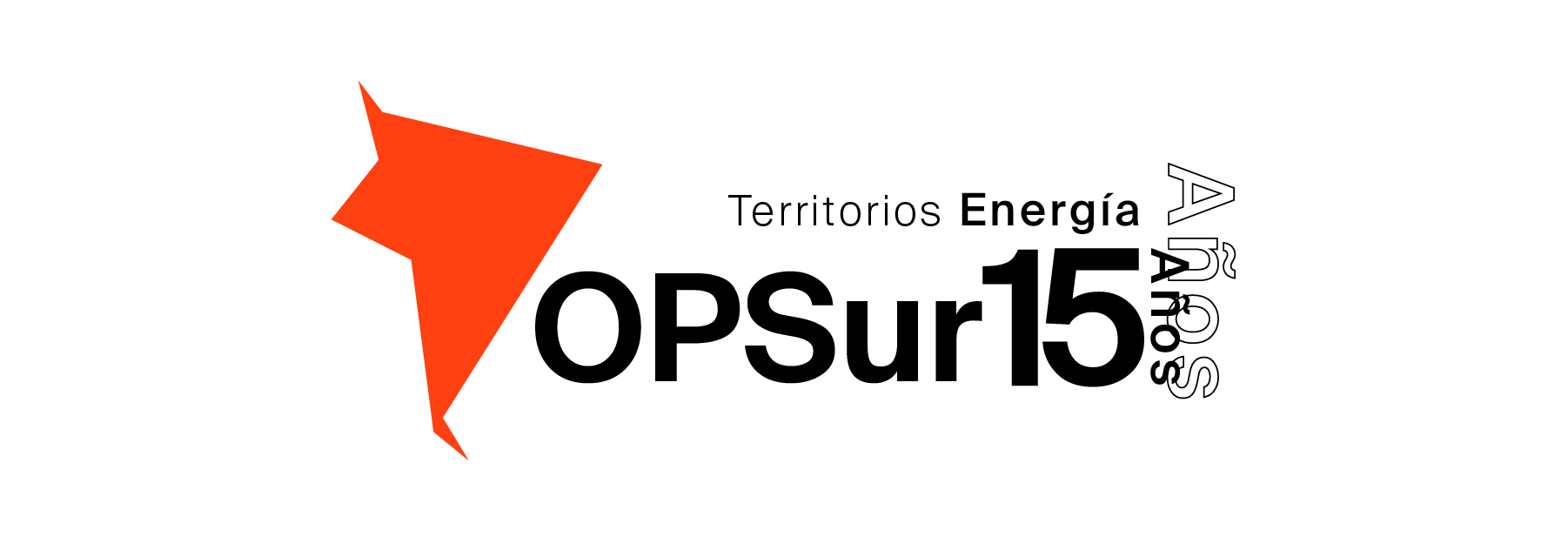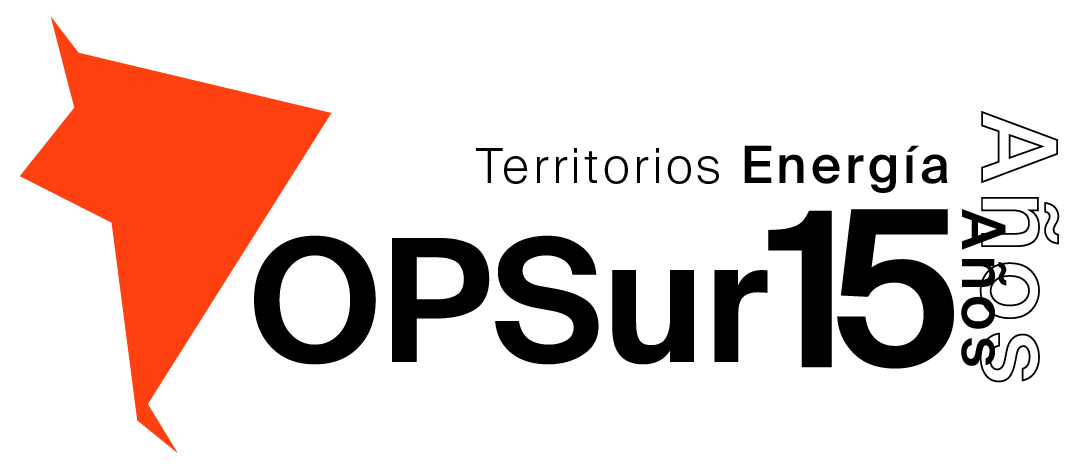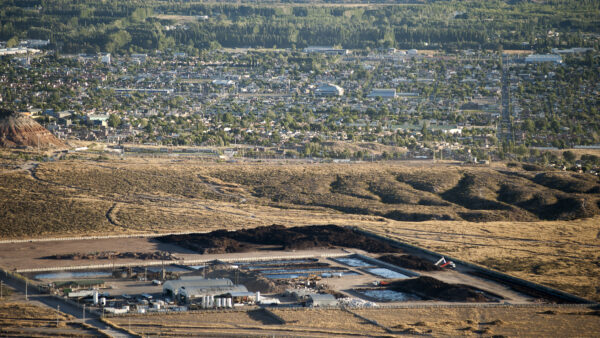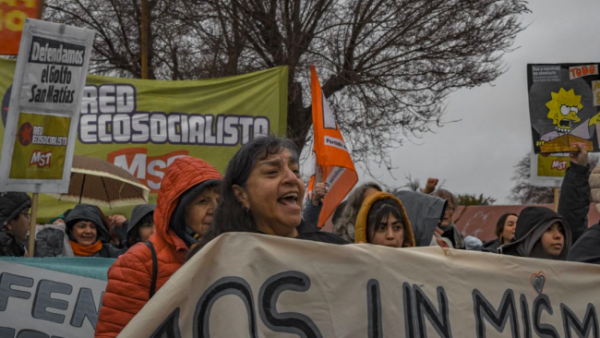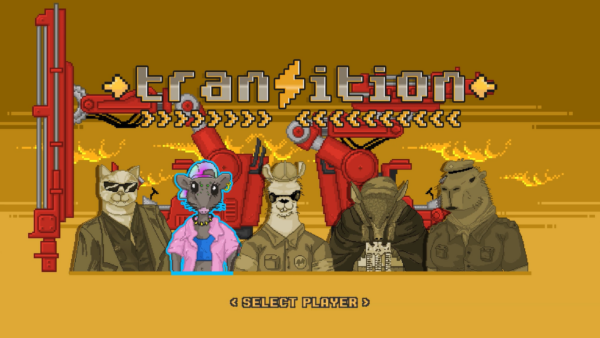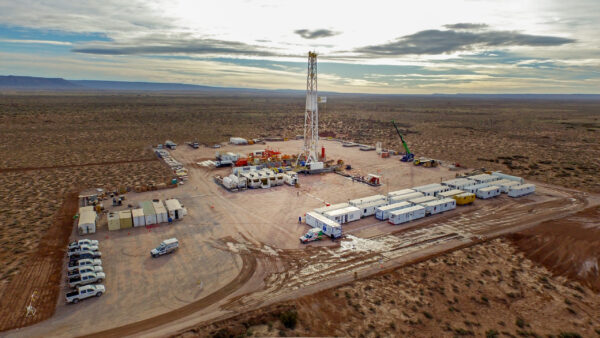Observatorio Petrolero Sur [OPSur] is an organization founded in 2008 and located in Buenos Aires and Neuquén cities, Argentina. The group’s goal is for energy production and consumption to be made in a fair, democratic, healthy and sustainable way. We use tools such as communication,training, research and public policy advocacy in order to articulate and create social movement. It was the Latin American coordinator of Oilwatch network between 2014-2019.
Mission: from the bottom to the top
OPSur works the critical issues of energy, environment and collective rights from a holistic approach. We believe it is necessary to transition to an alternative energy matrix under a framework of environmental and social justice. Our actions stimulate and promote social empowerment and participation to counterbalance power concentration, in energy and other sectors, to achieve social change in harmony with nature.
The challenge: transition to a sustainable and fair society
Argentina’s energy matrix depends on a 90% of hydrocarbon consumption. The non-transparent decision-making and ownership processes are deeply centralized and privatized. In recent decades, as a consequence of the relevance of corporate actors, largely transnationals, Argentina did not develop a sovereign policy of diversification and energy substitution. At the same time, Argentina massively exported oil and gas, losing self-sufficiency.
Under this prevailing logic, the development of the industry exacerbates environmental degradation, health and cultural impacts by prioritizing market logic at the expense of the commons. This involves the creation of ‘sacrifice zones’, territories where raw resource exploitation occurs to the detriment of local interests and welfare.
In general, governments do not inform or guarantee collective and human rights and, if necessary, explicitly and implicitly exert violence on the population that resists. At the same time, theclear consequences of climate change, extend social and environmental problems on a global scale.
These facts are strengthened by trying to meet a concentrated, relentless and exponential consumption, both nationally and internationally. This results in a permanent expansion of the oil frontier and the introduction of brand new technological packages, such as the experimental technique of fracking.
Our work: inputs for social change
In order to achieve the strategic objective of energy produced and consumed in a fair, democratic, healthy and sustainable way, OPSur’s work is divided into three overlapping programs:
- Oil Free Territories: The objective is to create oil free territories and stop new ‘sacrifice zones’ through public policy and mobilization work. In addition, through communications and media actions, awareness is raised over environmental and social degradation. The increased public awareness reduces the industry’s power and creates conditions for alternative energy projects.
- Environmental Justice: To ensure all citizens a dignified and peaceful life is fundamental to repair environmental, economic and health inequities. The program focuses on research, dissemination, recognition and guarantee of both individual and collective rights, in the strengthening of participatory public policies that rely on accurate, integral and public information to ensure collective decisions towards fair and equitable use of the common goods. It also stimulates the processes of citizen and public control and regulation over the sector.
- Energy Sovereignty: The discussion of energy is intertwined with development models present in societies, a debate that today is dominated by corporate sectors. In that sense, it is important to work energy comprehensively, beyond the sources, because its access, distribution and profits determine the type of development to be achieved. In search of new perspectives and understanding it as a fundamental human right, OPSur addresses issues such as management, integration, sovereignty, the development of technology and the democratization of access.
The programs are carried out by different daily tasks: communication (reports, articles and interviews to directly affected communities and specialists), workshops (to affected communities for empowerment and capacity building), public activities (for organizations and general audience), public policy (research and production over judicial framework and collective rights) and advocacy to influence government decision makers.
Actions and Resources
Most of our work is done in Spanish but some it has been translated for certain objetives:
Vaca Muerta has been at the heart of the Argentine political and economic debate for nearly a decade. This megaproject has raised great expectations, as it has been portrayed as the key to unlock energy self sufficiency, an attractive asset for foreign investment, and an export hub that would finally solve the historical problem of foreign currency shortage. After eight years of significant exploitation, we must ask ourselves: Where are we? Has Vaca Muerta truly helped us take a step closer to our energy sovereignty?
See also data presentation
The Oilwatch Latin America network, through three of its member organizations and MilieuDefensie – Friends of the Earth Netherlands present a collection of texts about Shell’s Latin American operations in three countries of the region: Brazil, Argentina and Colombia.
The exploitation of the Vaca Muerta mega-field became the centerpiece of Argentina’s economy, and the focus of governmental expectations around job creation, investment attraction, and exports boost. In a context of stagnation for most productive activities, the energy sector experiences a different reality that can be explained for the most part by the level of exploitation reached in Vaca Muerta. However, its progress is far from being what the government projected in the 2018 Energy Plan.
The numbers of the activity speak of high growth rates. In May 2019, conventional and unconventional national production together boasted a year-on-year growth of 7.6% for gas and 4.8% for oil. However, even if these increases are relevant in historic terms and directly linked to the production performance in Vaca Muerta, they fall short of meeting Javier Iguacel’s Energy Plan targets. In what follows, we will analyze four aspects underpinning the doubts surrounding the megaproject’s economic viability: Dependency on subsidies, Major global actors find it not relevant, An uncertain potential market and Lack of infrastructure.
This report seeks to put forward different paths around Vaca Muerta. What it means for Argentina is one of the central questions; others are how this megaproject is inserted in the regional gas market and what role large companies play in this highly transnationalized sector of the Argentine economyespecially Shell, one of the main actors in the global gas trade.
The Río Negro Production and Energy Transition Working Group was created with the aim of promoting alternative scenarios. The Working Group brings together about thirty experts coming from various fields of trade union and academic intervention who are trying to spark off the debate. The key concept structuring the discussions during the three meetings held over the course of 2018 and 2019 was that of a “fair transition”. From this perspective, we not only seek to comprehensively call into question the sustainability of this development model; we also intend to open the political debate around it. The alternative we are facing shouldn’t be reduced to the technical, commercial or environmental feasibility of the expansion of the oil frontier: it also encompasses the transcendental issue of the autonomy of the communities and social groups who inhabit the territory. In this light, this set of issues widens the debate to cover the immediate ways in which the reproduction of life is organized and allows a genuine construction by the people.
Executive Summary “A space to build the foundations for a fair transition”
This briefing outlines the role played by the US government and various US public agencies in promoting fracking in Argentina, focusing primarily on the 2017-2019 period: from public finance loans worth hundreds of millions of dollars, and to offering Argentinian business and local officials recommendations on how to work with and regulate the industry.
These fact sheets trace back the courses taken by seven companies –Total, Win-tershall, Shell, Equinor, Gazprom, BP, and Phoenix Global Resources– in the face of unconventional development. We cover the surface accumulation process on Vaca Muerta, alliances, and productive horizons. We focus on exploration and production (upstream) activities without going into the universe of service companies or those in other links of the hydrocarbons production chain. T
The transnational megaproject is a key extractive frontier and a major carbon bomb that has a significant lock-in risk. In spite of its early stage of development by a complex network of corporations, it is already impacting on the rights of communities on various levels, both locally and across Latin America’s Southern Cone region. Stakes are high–both for the companies involved and for the governments supporting this project.
This report seeks broad-en the debate on energy policy, with an emphasis on the need to democratize the decision-making process. Thus, while describing the current dynamic, we aim to broaden the window of possibilities. The final section thus suggests a number of energy alternatives using renewable sources and potential ways to develop the sector.
Joint report with Les Amis de la Terre, Milieudefensie and Friends of the Earth Europe for advocacy and action due to the increasing investment of foreign companies in Argentina’s unconventional fossil fuels (Neuquén province, north of Patagonia). Focus on Total, Chevron and Shell’s practices, thorough research and a series of field visits have shown, among other things, that the oil and gas sector has captured the political debate (unpublished contracts and key environmental information missing), lax regulation prevails and agencies in charge of control are understaffed or its opinions are underestimated. Among other cases, the report details the expansion of companies in Auca Mahuida Protected Area and indigenous territories in the province. Spanish and French versions are also available.
This publication had an important number of public presentations in Europe (France, Netherlands, Czech Republic, Poland, Hungary and Spain) in a tour that also held actions in Shell’s and Total’s Annual General Meetings and activities with grassroots organizations, press and MP’s. Moreover, it was also the opportunity to present the documentary ‘Fracking Patagonia‘ of Les Amis de la Terre. The trip was made by a representative of Multisectorial against Fracking of Neuquén and an OPSur member, invited and organized by the previously mentioned organizations and Bankwatch network.
Press release over Chevron-YPF agreement for shale exploitation. It includes background information: A new context: unconventional power, resistances and the pursuit for other energy.
Subtitles in English for campaign’s video.
Included in Friends of the Earth Europe report ‘Shale gas: unconventional and unwanted’.
Brief over a wider report in these topic.
